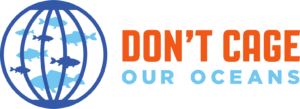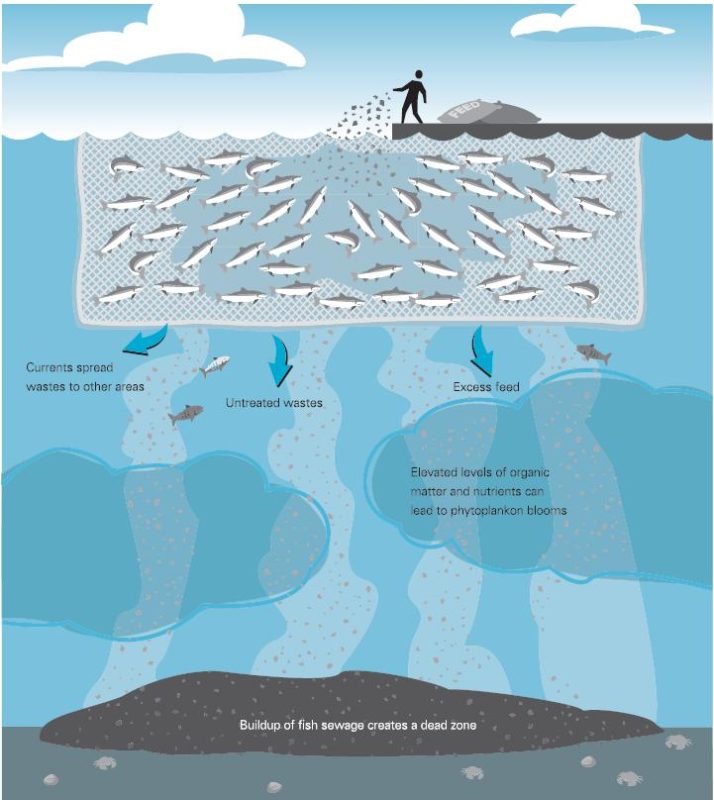We fight to keep our oceans free from industrial fish farms.
We are a coalition of diverse organizations working together to stop the development of offshore finfish farming in the United States through federal law, policies, and coalition building. DCO2 uplifts values-based seafood systems led by local communities.
keeping our oceans clean Offshore Finfish Farming
Offshore finfish farming is the mass cultivation of finfish in marine waters, in underwater or floating net pens, pods, and cages. Offshore finfish farms are factory farms that harm public health, the environment, and local communities and economies that rely on the ocean and its resources.
The Solution Sustainable Seafood
The alternative to offshore finfish farming is simple: sustainable wild-caught seafood and fish farming practices that are embedded in social, economic, and environmental values. Whether the seafood is wild caught or farmed, scale and management practices are crucial. The seafood system must be protected through local investment and community development with conservation and environmental awareness as key priorities.
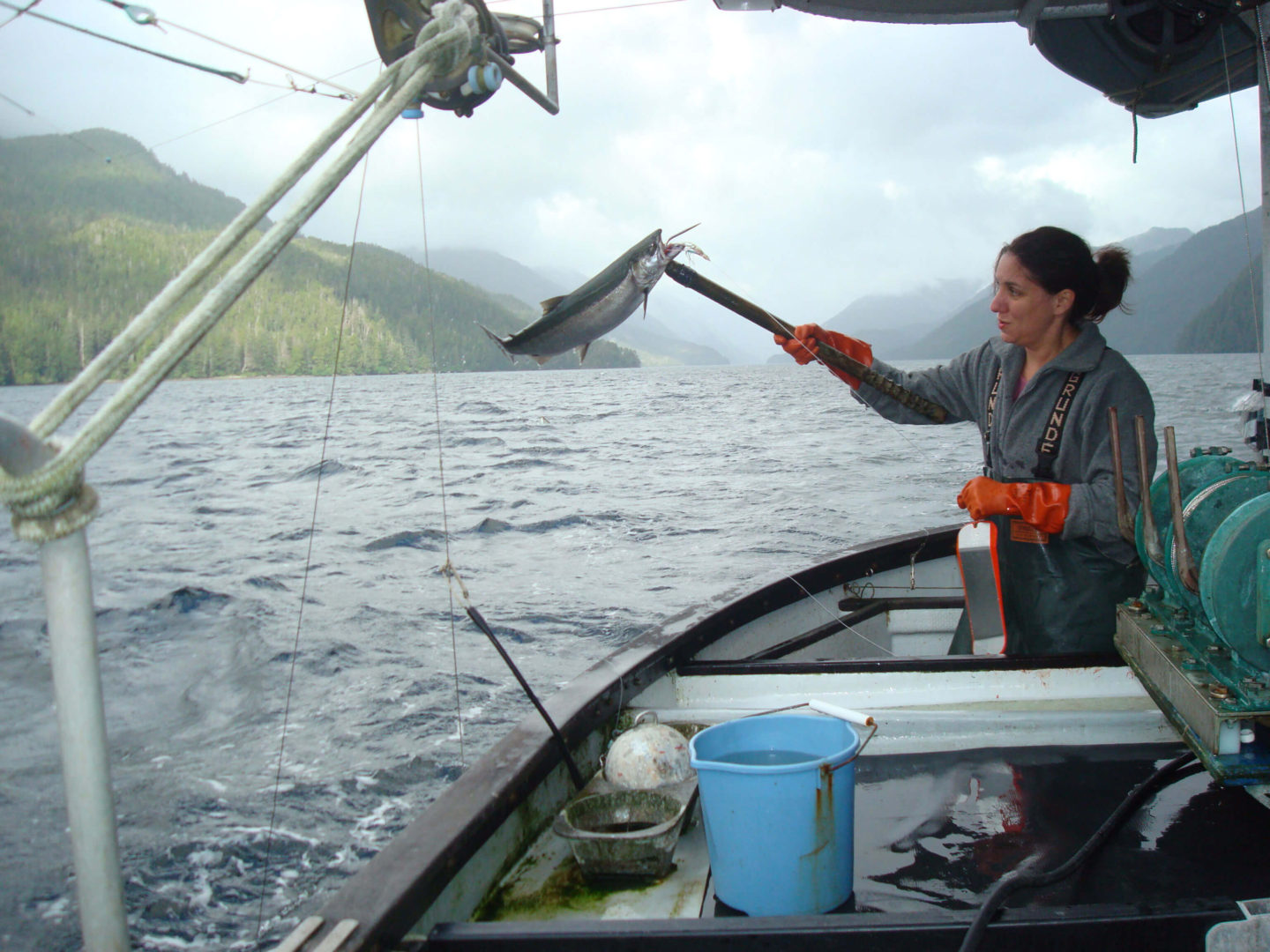
Local Wild Fish
Responsible fishing commits to fishing at sustainable levels that prevent overfishing, rebuild fish populations, protect fish habitats and marine ecosystems, and support thriving local communities that depend on our oceans. Local fishermen invested in their community, tend to care about the local economy, and want to protect the marine ecosystem.
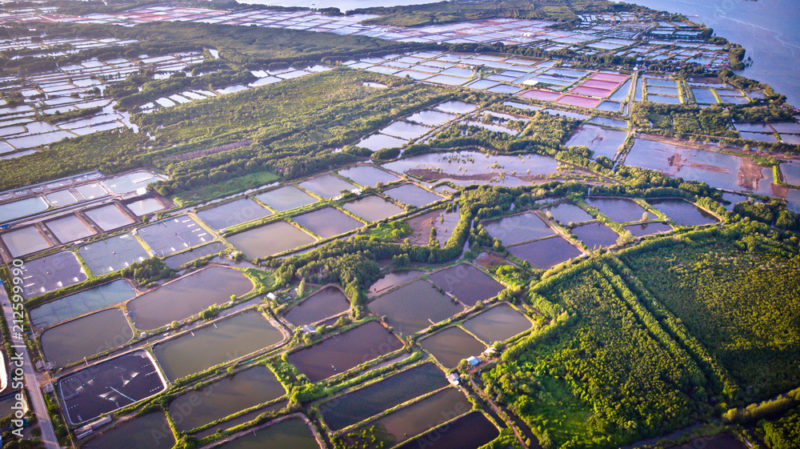
Aquaculture
Aquaculture has been practiced sustainably for thousands of years: from the Hanging Gardens of Babylon, to the Chinampas of the Aztecs, to the traditional fishponds of Hawai’i, and to the fish and rice rotations still practiced in Asia. DCO2 supports aquaculture systems that are embedded in the community and follow environmental guidelines.
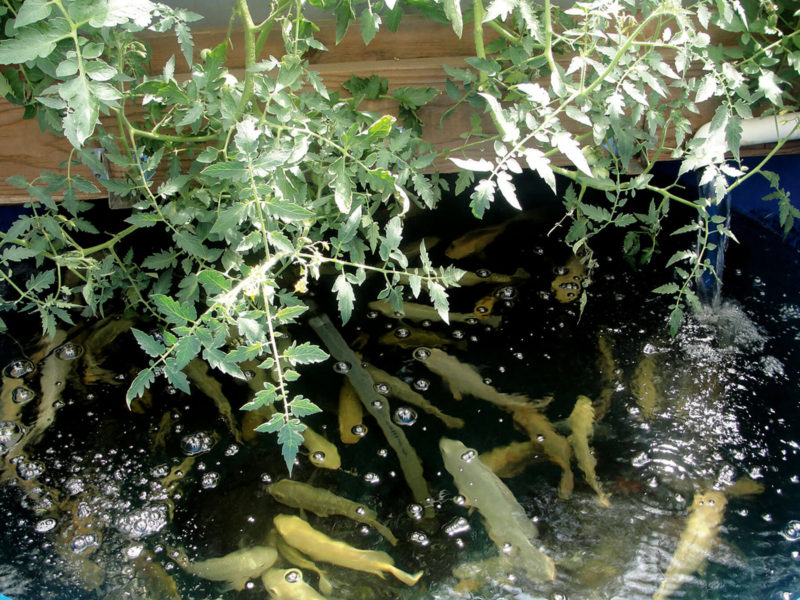
Recirculating Systems
Recirculating Systems can be eco-friendly farms that use clean recycled water to grow local, accessible, fresh food, and create stable green jobs. A recirculating farm can use clean recycled water, rather than soil, as a basis to grow food. These farms can grow plants (hydroponics), fish (aquaculture), or both plants and fish together (aquaponics).
